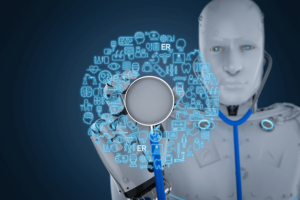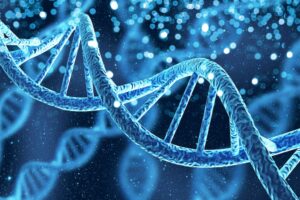Cancer, a formidable adversary, requires early detection for effective treatment and improved patient outcomes. In recent years, advancements in diagnostic techniques have played a crucial role in the fight against this disease. This blog aims to delve into the world of cancer diagnostics, exploring innovative technologies and methods that are reshaping the landscape of cancer detection.
-
The Importance of Early Detection
Early detection is paramount in the battle against cancer. It significantly increases the chances of successful treatment and long-term survival. Advanced diagnostic tools now provide healthcare professionals with the ability to detect cancer at its earliest stages, often before symptoms manifest.

-
Genomic Profiling: Unraveling the Genetic Code
Genomic profiling is a groundbreaking technique that analyzes the DNA of cancer cells. By identifying specific genetic mutations, healthcare providers can tailor treatment plans to target the unique characteristics of each patient’s cancer. This personalized approach has led to more effective treatments and improved outcomes.
-
Liquid Biopsies: A Non-Invasive Breakthrough
Traditionally, biopsies involve extracting tissue samples for examination. However, liquid biopsies have emerged as a non-invasive alternative. By analyzing blood samples, healthcare professionals can detect traces of cancer-related DNA, providing valuable insights into the presence and progression of the disease.
-
AI-Powered Imaging: Enhancing Accuracy and Efficiency
Artificial Intelligence (AI) has revolutionized medical imaging, enabling more accurate and efficient cancer diagnoses. AI algorithms can analyze medical images, such as X-rays, MRIs, and CT scans, with remarkable precision. This not only expedites the diagnostic process but also reduces the likelihood of human error.

-
Next-Generation Sequencing (NGS): Unlocking Comprehensive Insights
Next-Generation Sequencing is a high-throughput technology that allows for the rapid sequencing of DNA. It provides a comprehensive view of an individual’s genetic makeup, uncovering potential genetic predispositions to certain types of cancer. NGS also aids in the identification of targeted therapies for more effective treatment.
-
Metabolomics: Examining Metabolic Signatures
Metabolomics is a cutting-edge technique that focuses on the study of metabolites – small molecules produced by cellular processes. By analyzing metabolic profiles, researchers can gain valuable insights into the unique biochemical pathways associated with different types of cancer. This information can be instrumental in developing targeted therapies.
-
Emerging Technologies: Promising Future Prospects
The field of cancer diagnostics continues to evolve rapidly, with new technologies constantly emerging. From 3D mammography to circulating tumor cell assays, these innovations hold the promise of further enhancing our ability to detect and treat cancer diagnostics with precision and efficiency.

-
Challenges and Considerations
While the advancements in cancer diagnostics are promising, challenges remain. Access to these cutting-edge technologies, cost considerations, and the need for specialized training are important factors to address in order to ensure widespread implementation and benefit for all patients.
Conclusion
The landscape of cancer diagnostics is undergoing a transformative evolution, with innovative technologies and methods paving the way for more effective detection and treatment strategies. From genomic profiling to AI-powered imaging, these advancements are revolutionizing the way we approach the diagnosis and management of cancer diagnostics. As research continues and technology advances, the future looks brighter for patients and healthcare providers alike in the fight against this formidable disease.



